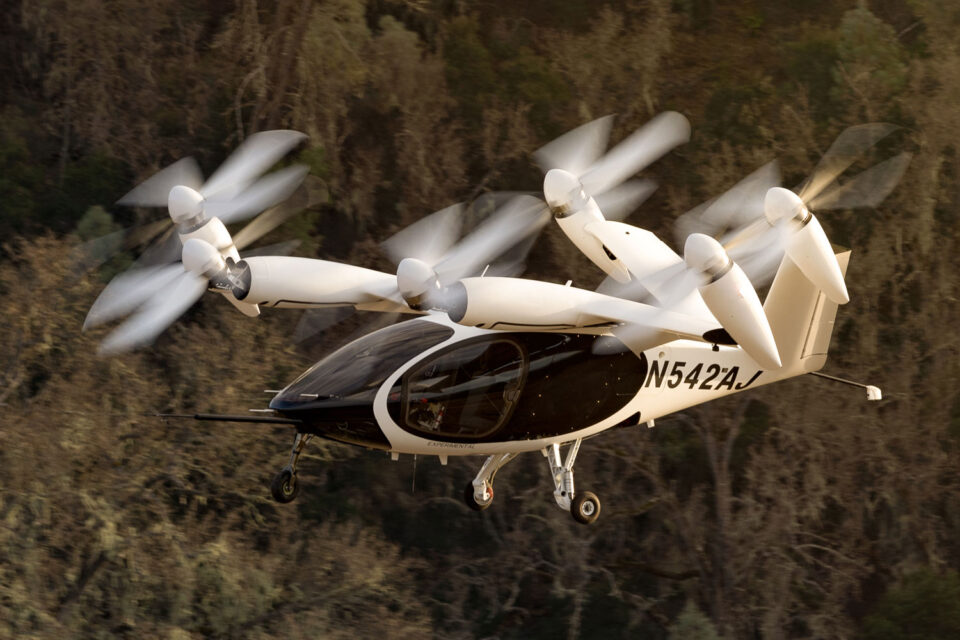Embraer and ANAC (Brazilian civil aviation agency) officially started the certification program for the EVE-100, the first eVTOL aircraft of the subsidiary EVE Urban Air Mobility.
The name of the aircraft was revealed by the authority as the planemaker until today had not confirmed what its eVTOL would be called.
The EVE-100 will be an eVTOL with capacity for four passengers and one pilot. Despite being present in Embraer illustrations and having a large number of letters of intent, the plane is still in the early stages of development.
Embraer carried out the flight of a small-scale prototype some time ago, but so far it is not known if a full-size aircraft is being produced.
Due to its originality, the certification of the EVE-100 promises to be quite challenging, as recognized by ANAC’s Airworthiness Superintendent, Roberto Honorato. “From the regulation perspective, there is much work to be done concerning aircraft technology and the definition of the entire ecosystem. Brazil has the conditions and engagement to deal with this challenge,” he said.

According to Embraer, the EVE-100 will follow the aircraft certification process classified as “normal category”, following the requirements of the Brazilian Civil Aviation Regulation No. 23, in addition to other amendments made by ANAC.
“The formalization of the eVTOL certification process is an important step towards the continuity of the discussions that have been held between Eve and ANAC for the vehicle certification for urban mobility,” said Luiz Felipe R. Valentini, Eve’s Chief Technology Officer.

Despite the vast experience of Embraer and several important partners that have joined the project, the EVE-100 is at a later stage compared to other eVTOLs in development around the world.
Companies like Volocopter, Joby, Lilium have already carried out prototype flights, although some of them are simpler models than series production.
On the other hand, Airbus is only expected to perform the maiden flight of the CityAirbus NextGen in 2023. EVE plans to put its eVTOL into service in 2026.






